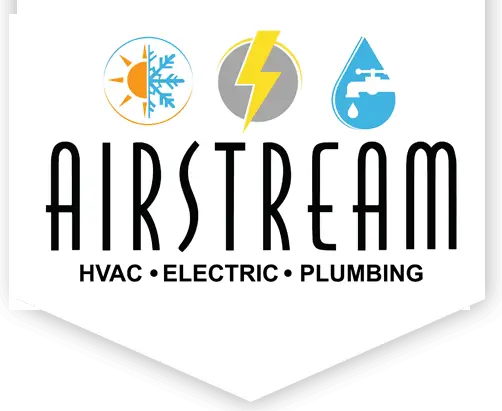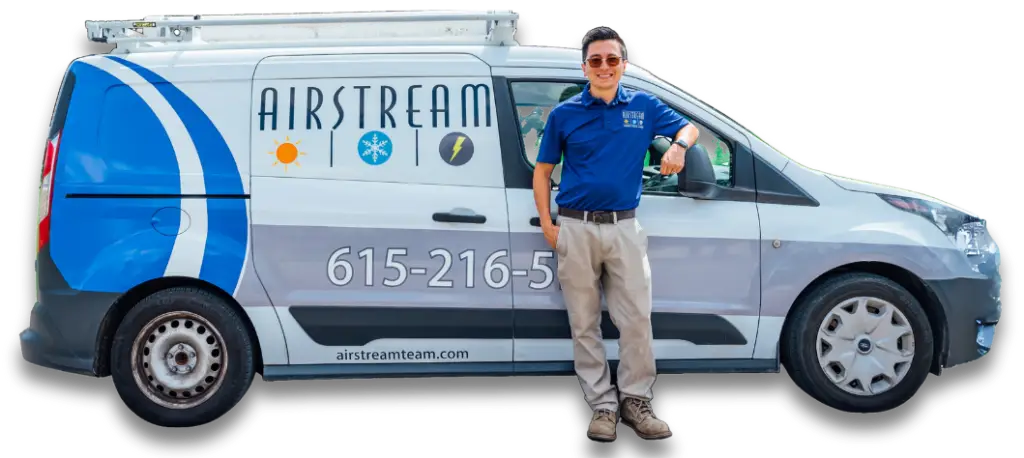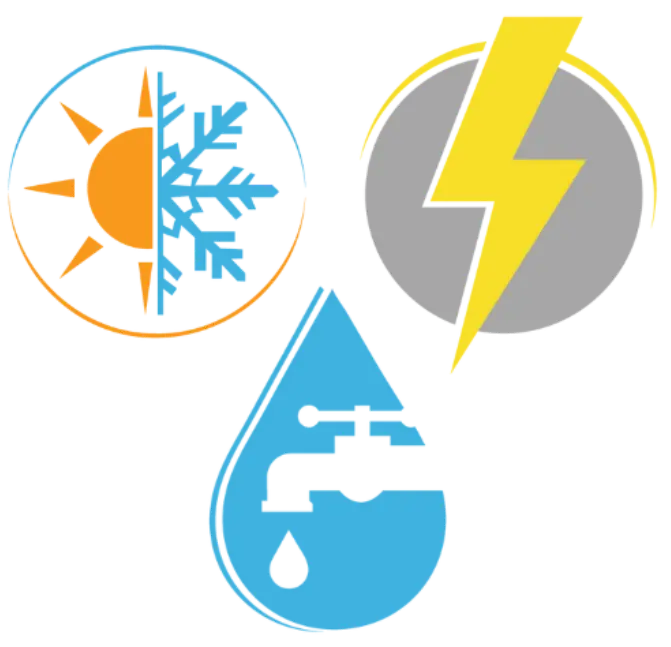Dependable Furnace Repair & Installation Services
Gas furnaces are a popular and efficient heating option for many homes and businesses, providing reliable warmth through the colder months. To ensure that your gas furnace operates safely and at peak efficiency, regular maintenance is crucial. Scheduled check-ups can prevent the common issues that might lead to system failure or inefficient operation, such as clogged filters, faulty ignition systems, or damaged components. Regular maintenance not only extends the lifespan of your furnace but also ensures it runs more efficiently, saving on energy costs and reducing your environmental footprint. At Airstream Services, we specialize in thorough inspections and maintenance of gas furnaces, helping you enjoy a warm, comfortable, and safe environment in your Middle Tennessee property.
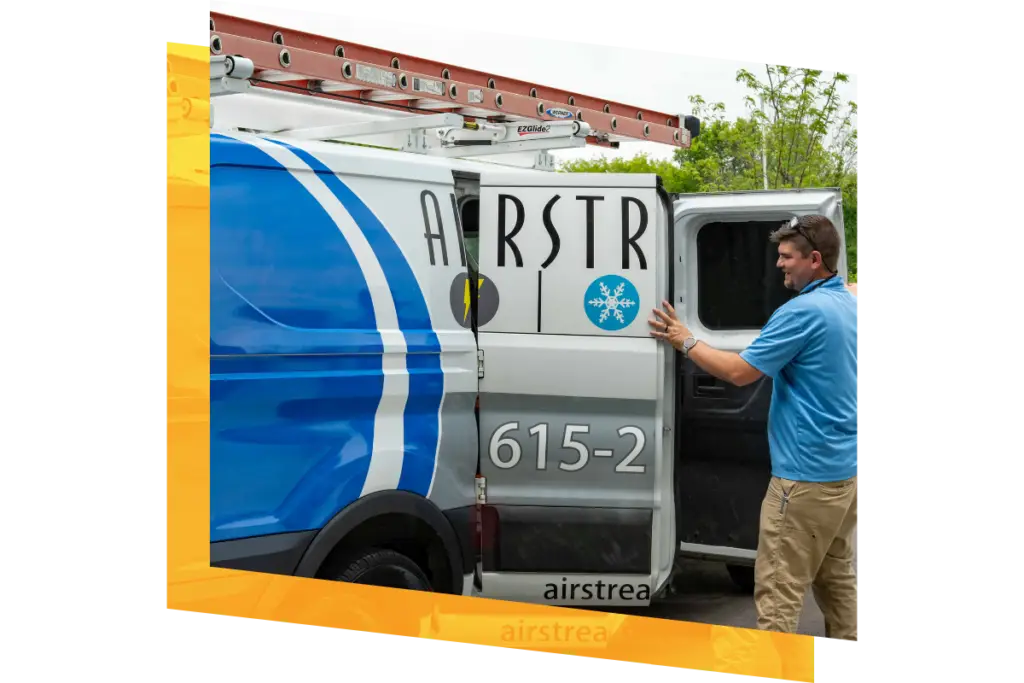
What Are Signs Your Gas Furnace Needs Repair?
- Reduced Heating Performance: If your furnace isn't producing enough heat or if you notice uneven heating, it may be a sign of a malfunction.
- Strange Noises: Unusual noises like banging, squealing, rattling, or popping coming from your furnace can indicate a problem with its components.
- Frequent Cycling: If your furnace turns on and off more frequently than usual (short cycling), it can be a sign of a problem.
- High Energy Bills: A sudden increase in your heating bills without a corresponding increase in usage could indicate that your furnace is operating inefficiently.
- Yellow or Flickering Flame: A gas furnace's flame should burn blue. If you notice a yellow or flickering flame, it may indicate a combustion problem. This can also be a safety concern, so address it promptly.
- Pilot Light Problems: If your furnace has a pilot light and it frequently goes out, won't stay lit, or appears weak, it may need attention.
- Strange Odors: Unusual odors, especially a strong smell of gas (rotten egg odor), can indicate a gas leak or other combustion issues. If you suspect a gas leak, evacuate your home immediately and call your gas company and a professional technician.
- Increased Dust and Allergies: If you notice more dust, dirt, or allergens circulating in your home when the furnace is running.
- Inconsistent or Unreliable Thermostat: Your thermostat doesn't respond accurately to temperature adjustments or your furnace fails to maintain the desired temperature.
- Age of the Furnace: Furnaces typically have a lifespan of 15-20 years. If your furnace is nearing the end of its expected life, it's more likely to develop problems and may be a good candidate for replacement rather than repair.
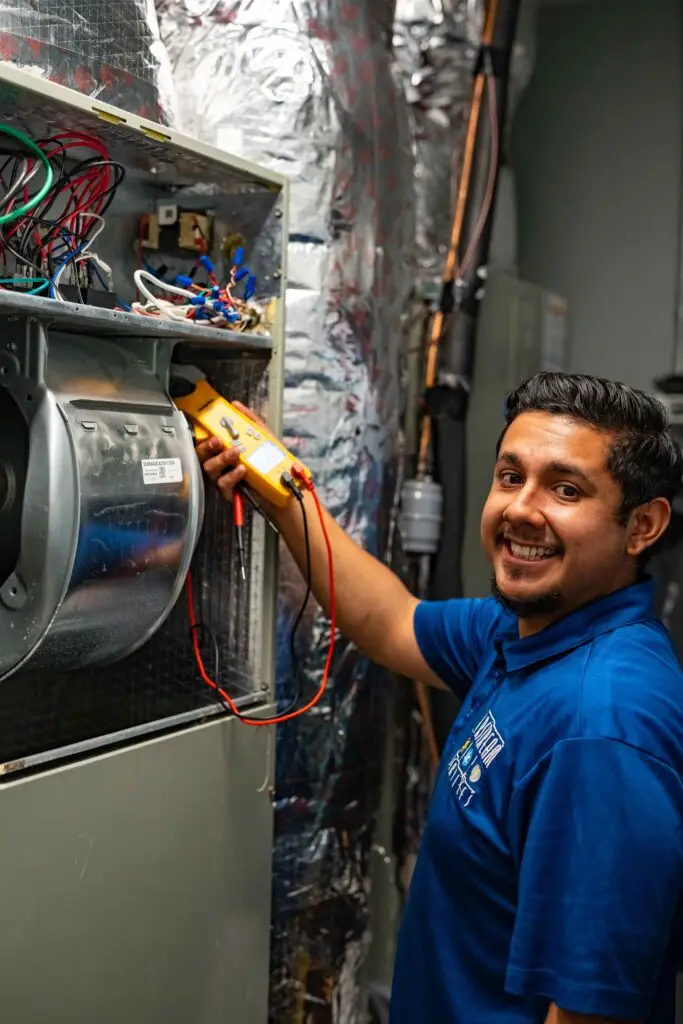
Extend the Lifespan of Your Furnace with Regular Maintenance
Regular maintenance is essential for keeping your furnace running smoothly and efficiently. Our team of HVAC experts at Airstream Services can provide thorough inspections and tune-ups to ensure that your furnace is in top condition. By scheduling regular maintenance, you can extend the lifespan of your furnace, prevent costly repairs, and improve its overall performance.
Benefits of regular furnace maintenance include:
- Improved energy efficiency
- Reduced risk of breakdowns
- Enhanced indoor air quality
- Lower heating costs
- Peace of mind knowing your furnace is in good working condition
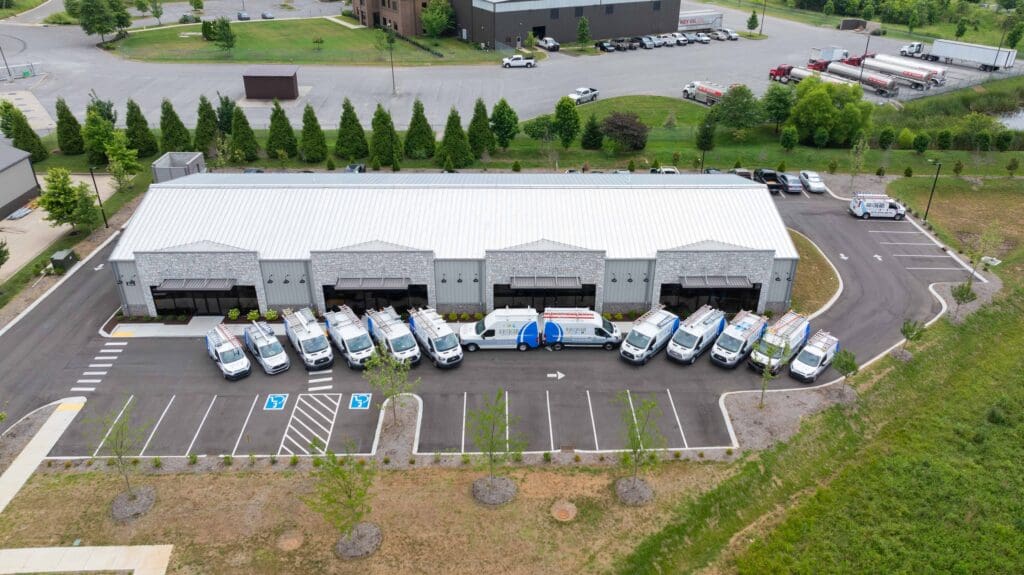

Commonly Asked Questions
It is recommended to have your gas furnace inspected at least once a year to ensure it is running efficiently and safely. Regular inspections can help catch potential issues early and prevent costly repairs down the line.
If you suspect a gas leak, evacuate your home immediately and call your gas company and a professional technician. Gas leaks are a serious safety concern and should be addressed promptly by a qualified professional.
Gas furnaces typically have a lifespan of 15-20 years. If your furnace is nearing the end of its expected life, it may be more prone to developing issues and could be a candidate for replacement rather than repair.
Common signs that your gas furnace needs repair include reduced heating performance, strange noises, frequent cycling, high energy bills, yellow or flickering flame, pilot light problems, strange odors, increased dust and allergies, inconsistent thermostat, and the age of the furnace.
Financing Made Simple with Service Finance
- 0% Interest Plans available for qualified customers
- Affordable Interest Plans available
- $0 Down – get started with no upfront cost
- Fast, Easy Approval – apply online in minutes
- Low Monthly Payments to fit your budget
- No Prepayment Penalties – pay off anytime
WHY HOMEOWNERS CHOOSE AIRSTREAM SERVICES
Local, Family-Owned Company
Based in Middle Tennessee, we care about our community and treat every customer like family.
All-in-One Service
HVAC, electrical, plumbing, water filtration, and even generators — we handle it all with one trusted team.
Upfront Pricing & No Pressure
We believe in honest, transparent service. You'll always know what to expect before any work begins.
5-Star Technicians You Can Trust
Our licensed and background-checked techs are highly trained and consistently rated highly by your neighbors.
VIP Membership Perks
Get priority scheduling, 10% off repairs, annual tune-ups, and more when you join our affordable VIP program.
Join Airstream Services VIP
Plans start at just $4.99/mo
- Yearly Visits
- 10% OFF Repairs
- Exclusive Offers
- Priority Scheduling
- + More

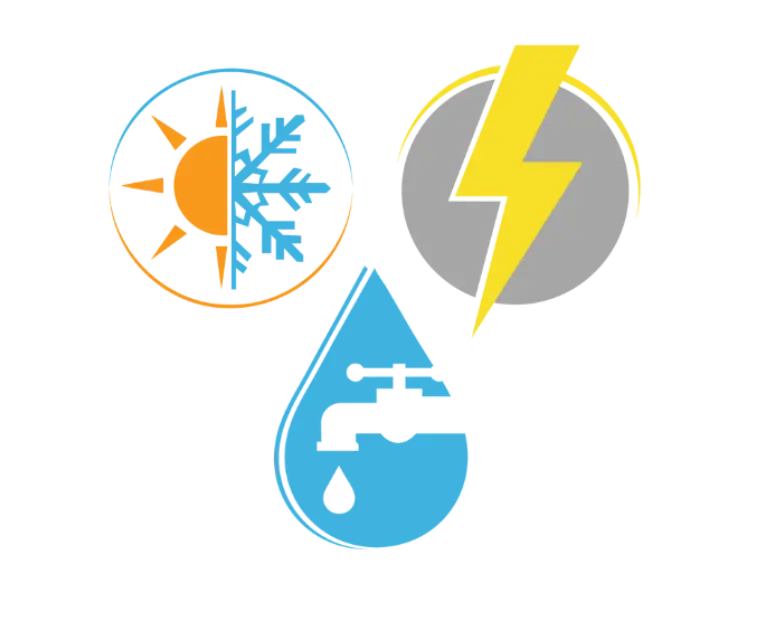
About Airstream Services
Locally owned and proudly serving Middle Tennessee, we’re your go-to team for HVAC, electrical, and plumbing needs. Honest work, fast service, and real results — that’s the Airstream way.
